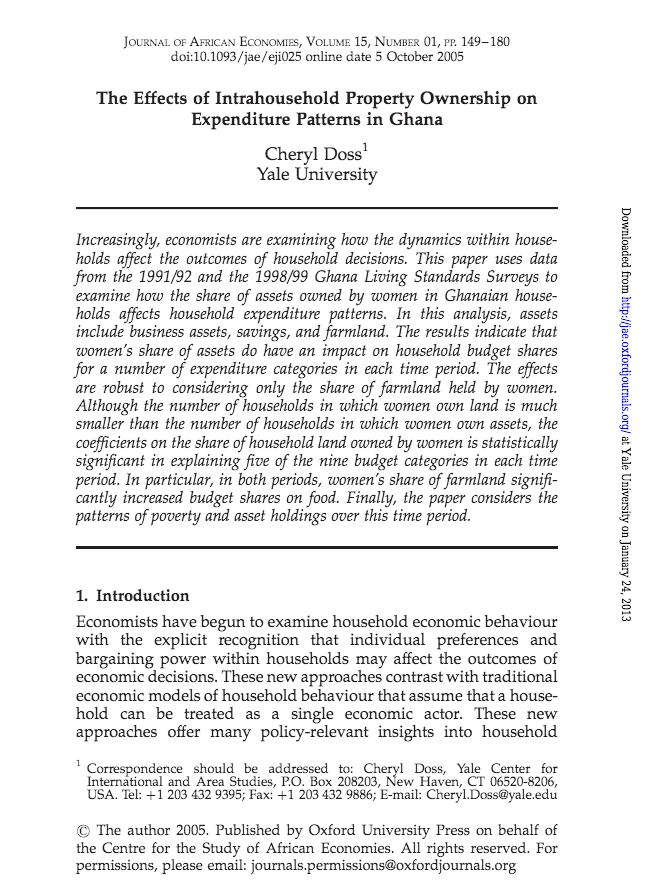Report of the Regional Workshop on HIV and AIDS and Children’s Property Rights and Livelihoods in Southern and East Africa
The focus of the workshop, funded by FAO, Oxfam GB, and Women Land Link Africa Project (WLLA), was on children’s property rights. The report covers presentations by children, key issues and inspiring initiatives by CBOs, messages from the UN to children, experiences from Zimbabwe, very moving testimonies by children, key recommendations. Following the launch of a UNICEF and UNAIDS global campaign, FAO has been initiating work in the neglected area of children’s property and inheritance rights.






